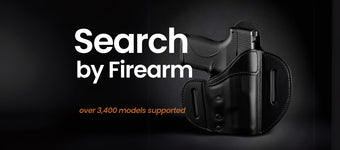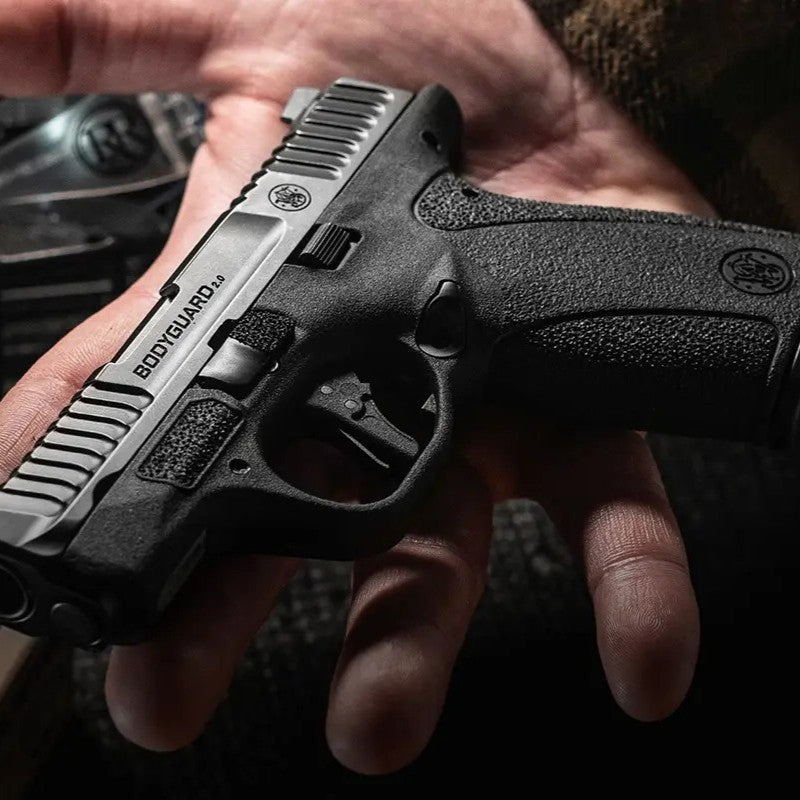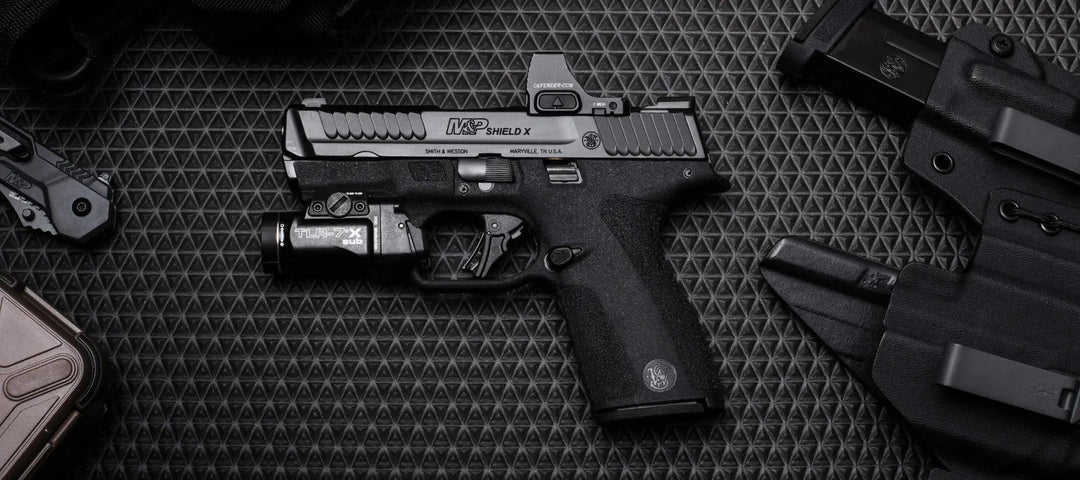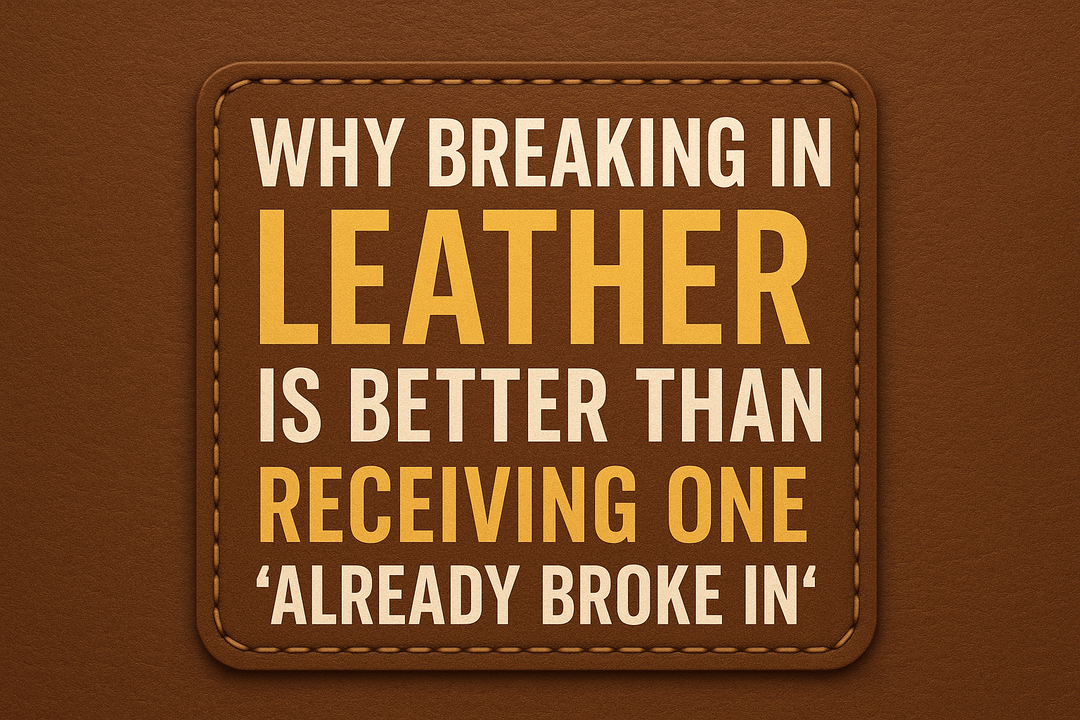Law Enforcement: Retired, Active, On and Off-Duty Concealed Carry Essentials
Whether you're currently serving or have retired from the badge, understanding the nuances of concealed carry for law enforcement is essential to staying both safe and compliant. Let’s unpack key legal frameworks, qualification standards, and practical strategies that affect your ability to carry a firearm on or off duty.
What Are LEOSA Carry Provisions and Who Qualifies?
The Law Enforcement Officers Safety Act (LEOSA)—commonly known as HR 218—grants nationwide concealed carry rights to qualified active and retired law enforcement officers. It overrides most state laws but has limits: you still can’t carry in federal buildings, schools, or private property that prohibits firearms. LEOSA eligibility requires agency credentials and, for retirees, annual firearms qualification.
Departmental Firearm Policies for Off-Duty Officers
Each agency sets its own departmental firearm policies for off-duty officers, which may require you to carry a specific weapon type, maintain qualification, or use department-approved holsters and ammo. Some agencies mandate off-duty carry; others leave it discretionary. Know your department's stance to avoid policy violations—even if LEOSA protects your legal right.
Concealed Carry Standards for Retired Officers
Under LEOSA, retired officers must pass a concealed carry qualification standard—usually a live-fire course mirroring active-duty requirements. Paperwork and instructor certification vary by state, so stay updated and carry proof of qualification when armed.
Peace Officer Exemptions and Off-Duty Defense Strategies
You may benefit from peace officer exemptions on magazine limits or restricted zones, but don’t assume blanket protection. Pair this with smart personal defense strategies for off-duty law enforcement, including discreet holster choices, situational awareness, and minimal printing for plainclothes concealment.
Use a Quality Belt
For law enforcement officers who are used to carrying their weapon on their kit or duty belt, concealing a weapon can be a bit of an adjustment.
Even when carrying concealed, though, it is still vitally important to have a heavy-duty belt that can properly support your weapon and its holster. Invest in a good belt that is designed for concealed carry, and you may find that carrying a concealed weapon is almost as comfortable and practical as open carrying one.
Choose a Good Holster
Concealed carry holsters are a little more nuanced than the holsters a law enforcement officer may be used to, and several options are available.
As a law enforcement officer, depending on whether you are right or left handed you are most likely accustomed to carrying and drawing your weapon from the 3 o'clock or 6 o'clock position. The good news is that there are some great holsters that will conceal a weapon at these positions as well, allowing you to still carry in the manner you are most comfortable with.
Concealed carry offers different options in comparison to open carry. While 3 or 6 o’clock is a great option for an OWB (outside waistband) you are now no longer keeping the firearm exposed and wearing a uniform. The most ideal way to conceal carry is by wearing an IWB (inside waistband) holster.
Switching to an IWB holster will have an immediate different feel an will require a different set of skills for a fast deployment of your firearm. The Urban Carry G3 is one of those options where comfort, concealment and speed were all taken strongly into consideration.
You will likely want to experiment with different types of holsters and methods of carry. In the end, find a method of carry that is most comfortable and intuitive for you, and then choose a high-quality holster that will allow you to carry your firearm in this method.
Find a holster for your duty or off-duty firearm using our Search by Weapon tool: https://urbancarryholsters.com/pages/search-by-weapon
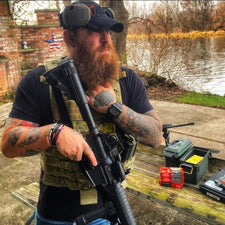
Richard Calvette
Firearms Expert, Urban Carry Holsters
I've been with Urban Carry Holsters since 2020, proudly serving as the Firearms Expert. Before that, I served 8 years in the United States Marine Corps, including a deployment to Iraq from 2009 to 2010. During my time in the Infantry as a Sergeant, I developed a deep interest in the wide range of firearms we used. It fascinated me to learn why specific weapons were chosen for different missions and roles.Breaking into the firearms industry wasn't easy, but persistence paid off. While attending a trade show, I discovered the Sonoran Desert Institute. That opportunity led me to earn an Associate of Science in Firearms Technology, along with certifications as a Pistol Expert and Range Safety Officer.My passion for firearms continues to grow every day. I'm always learning, always improving, and always striving to bring that knowledge and experience to the work we do here at Urban Carry.


